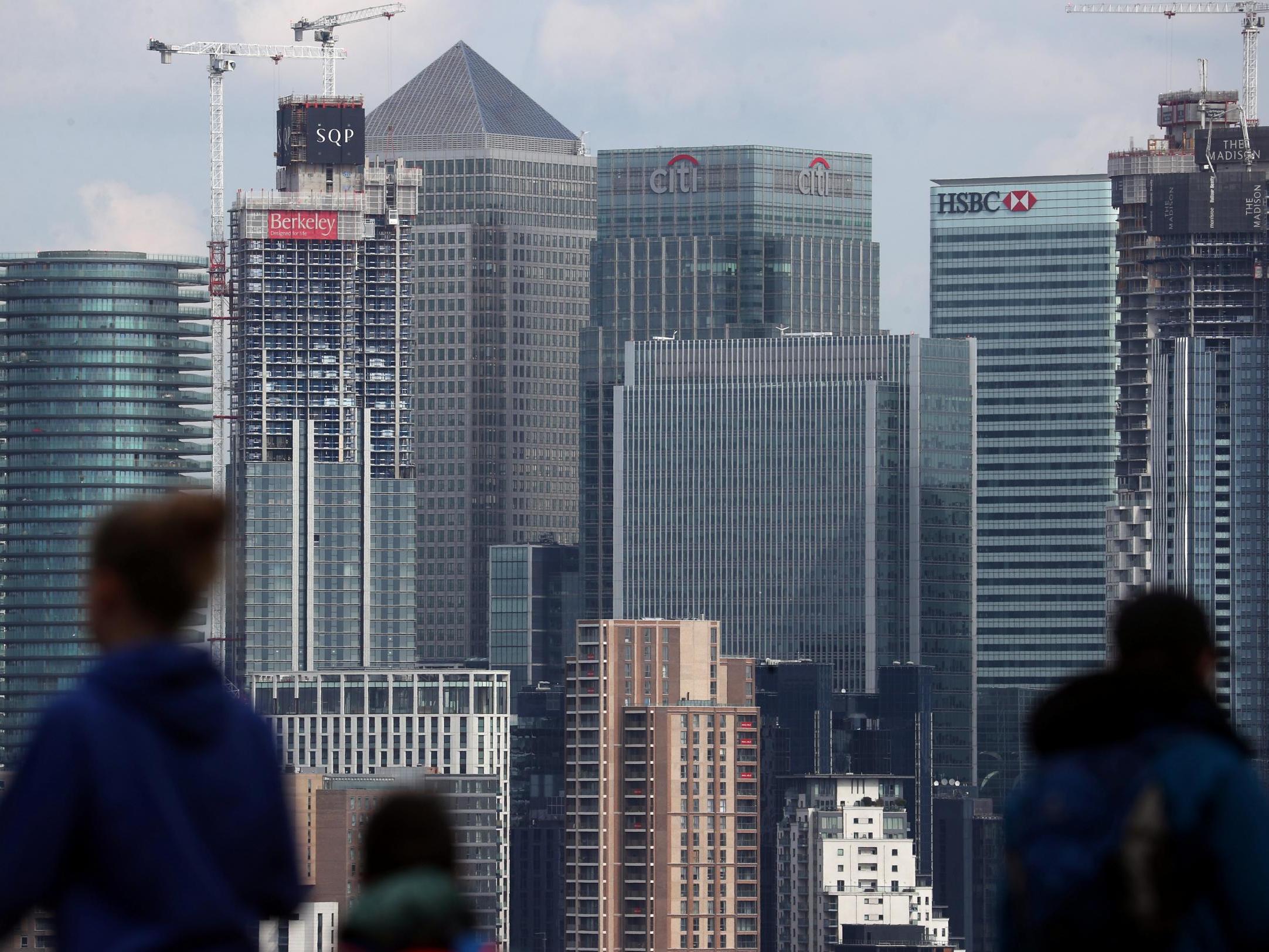Personal behaviour has changed under lockdown. Now companies are paying attention too
There is certainly anecdotal evidence that people are trying to work more cooperatively. Some of the kindnesses and courtesies will surely stick, believes Hamish McRae


A new Gallup poll reports that Americans are less worried and happier than they were at the end of March. In Britain the Mental Health Foundation reports that 72 per cent of workers believe that we should become kinder as a society.
At a personal level these two surveys surely square with most of our experiences in the past few weeks thanks to coronavirus. The disruptions and annoyances caused by lockdown contrast with the small courtesies we now extend to each other. Even if it’s simply smiling as people step off the pavement to give each other a bit more space, or thanking the local shopkeeper for keeping going through all this.
But this is not only personal thing. It is an economic one too. How companies have behaved will be remembered. Those that have sought to do the right thing, for example by keeping as many employees on the books as they can or by keeping services going despite all the pressures on them, will benefit. Those that haven’t – well, they should not expect much loyalty from their customers and workforce in the months ahead.
We are all learning from this experience. Many of us are, most obviously, learning how to work remotely. This brings efficiencies but it also has limits. So the new normal will not be the same as the old normal, in that some of the new ways we have learnt to work will stick. Yes, we will still have face-to-face meetings, but only when we need them, and we will value them more.
We are getting five years of structural change crammed into five months, and the eventual outcome once the disruption is past will be a more efficient economy. We do have to find ways to make sure that the people hit by the disruption, especially the young, are protected as best as possible. But economics are not just about efficiency. They are also about how human beings relate to each other.
Adam Smith is thought of as the great free market economist of all time. His most famous book, The Wealth of Nations, published in 1776, focused on how competition and the division of labour generated more wealth for society. It was, in those early stirrings of the Industrial Revolution, a blueprint for the economic transformation of the world of the past 250 years, right through to the present burst of globalisation.
Less famous but in many ways more important was his earlier work in 1759, The Theory of Moral Sentiments, in which he argued that people were naturally moral – that for a society to function properly there had to be prudence and there had to be justice. His idea that we were guided by an invisible hand was in the earlier book.
In short, one book was about how to generate the wealth, while the other was how to share it.
Until the Covid-19 virus struck us most of the emphasis of the world economy was about generating more wealth. The squeezing down of costs, the complex supply chains, the financial devices used to boost profits – the whole focus was on efficiency. Now we are having a rethink of what really matters. We want to be happier, of course, but we are also coming to realise that one way of doing that is for workplaces to find ways of encouraging us to become kinder.
It is hard to know what lasting changes take place as a result of searing economic shocks – particularly since such shocks are mercifully rare. But there is certainly anecdotal evidence that people are trying to work more cooperatively. Some of the kindnesses and courtesies will surely stick.
Join our commenting forum
Join thought-provoking conversations, follow other Independent readers and see their replies
Comments